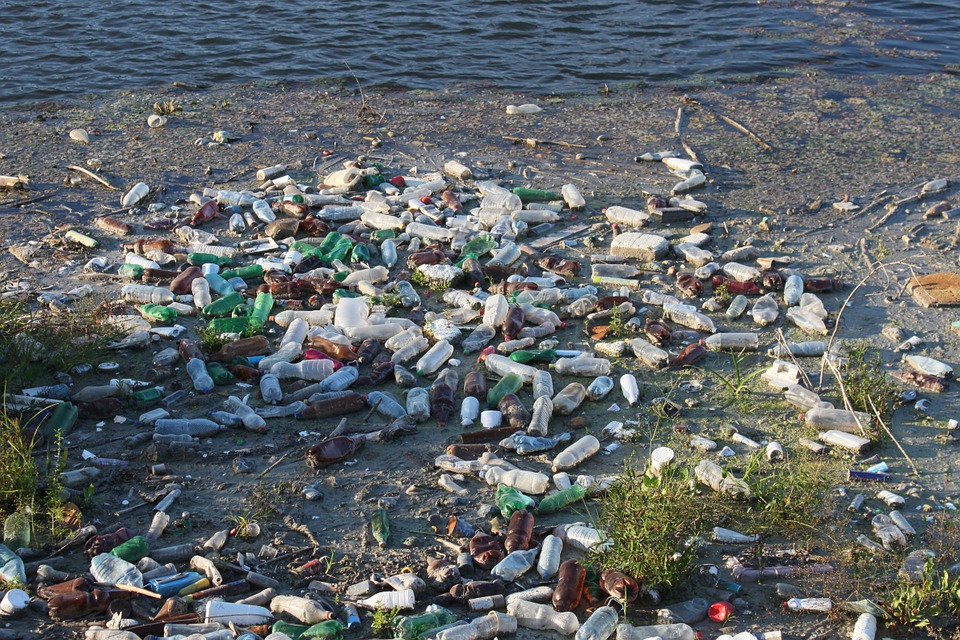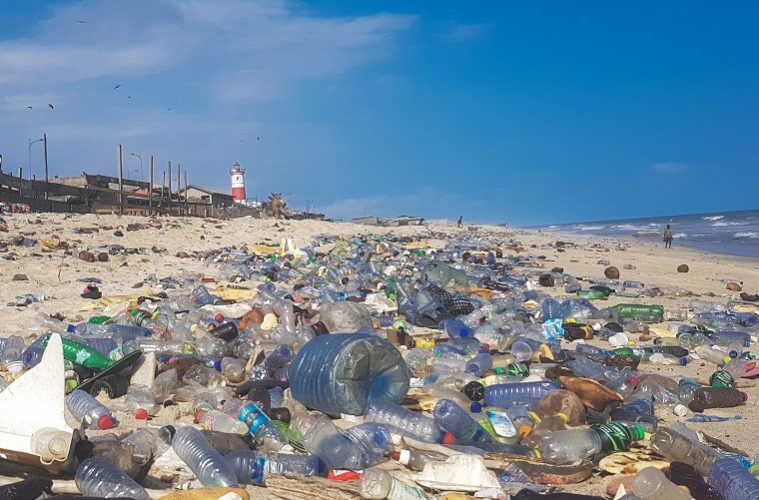Last year, Kenya announced a strict ban on the production, selling, and use of plastic bags. Officials have plans to target sellers and manufactures first.
The ban is so fierce that if Kenyans are caught using, selling, or producing plastic bags, they could face up to 4 years in prison or a $40,000 fine. It’s the toughest law that’s ever been created to assist in reducing plastic pollution. Kenya joined more than 40 other countries that have also restricted the use and production of plastic bags including Italy, France, and China.
Whilst there are a number of places where plastic bags can be recycled, figures have recently shown that only 1% of the bags produced are actually recycled. As a result, they have had devastating effects on the environment. Many drift into the oceans where they strangle marine life, particularly sea turtles who mistake the floating plastic for a jellyfish – their main source of food. Others fill the stomachs of dolphins and whales, clogging their digestive systems until they inevitably starve to death.
But it’s not just the sea life that is suffering at the hands of plastic bag production. On land, they often end up in the ground where toxic chemicals are released. It makes the ground unsuitable for growing crops and many animals consume the chemicals whilst grazing. Plastic bags take between 500 and 100 years to break down meaning by 2050, there will be more plastic bags filling our oceans than fish. Whilst the effect of plastic bag production and dumping seems to have little effect on our day to day lives – these plastic bags are beginning to find their way into the human food chain. In some developing countries, slaughterhouses have to remove plastic bags from the stomachs of their livestock, particularly cows.
Every year we are wasting approximately 1 trillion plastic bags. There is currently so much discarded plastic on the planet that there would be enough to entirely coat earth in a sheet of cling film.
So what can we do as individuals to avert the crisis our planet is headed for?
Most supermarkets currently offer ‘bags for life’ – they are usually around 10p to purchase and are reusable meaning you won’t need to keep purchasing 5p plastic carrier bags that inevitably end up in a tip polluting the earth. Any plastic bags you currently have or have in the future, there are recycle bins all over the country that will take them off your hands and make great and environmentally friendly use of them.

